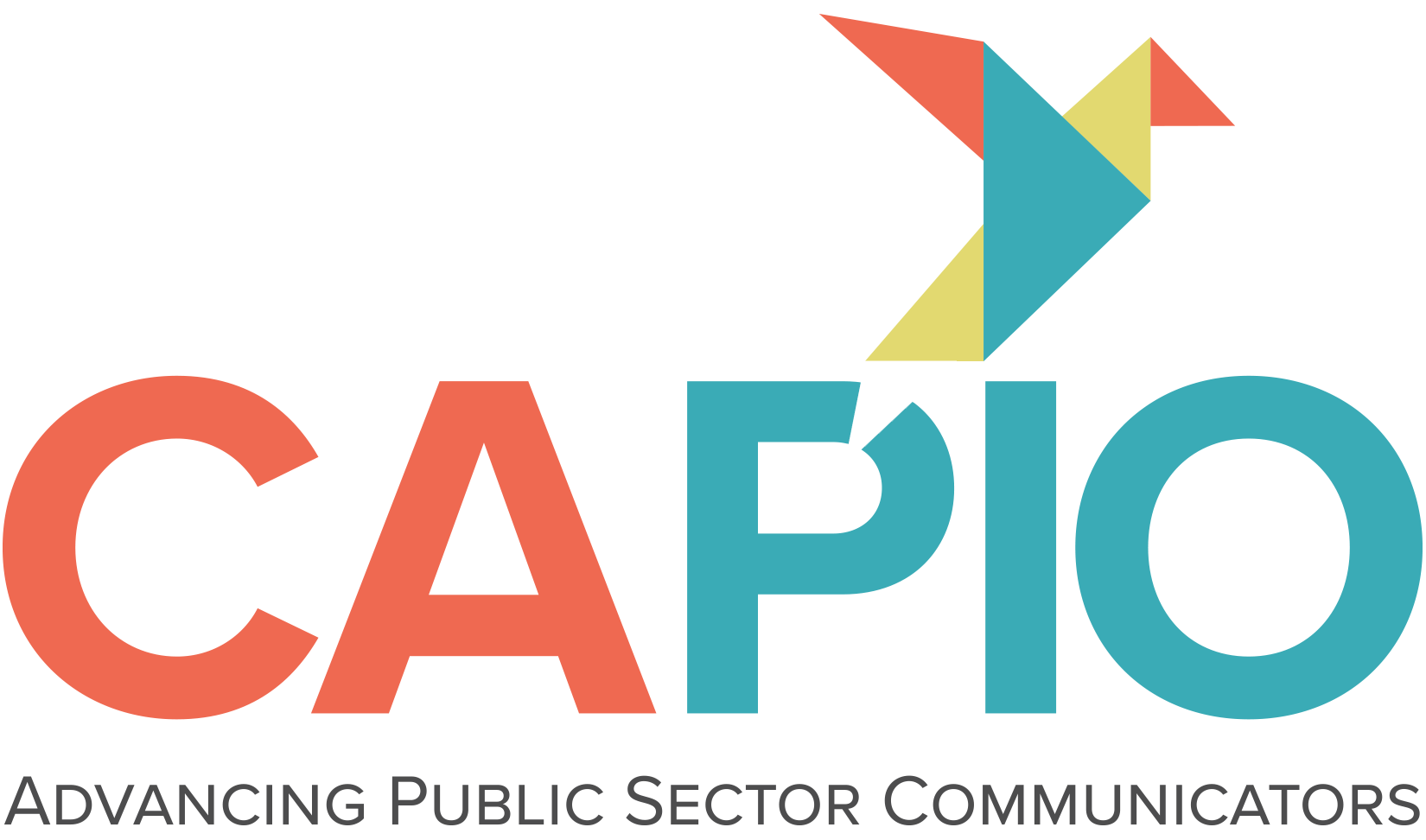Leading with Purpose: Insights for the Young Workforce
Are you new to public sector communications, eager to make your mark as a young leader? Perhaps you’re a seasoned young professional in this field now tasked with guiding a team toward success. Or maybe you aspire to assume a leadership role in the future. Regardless of where you stand on this journey, leading with purpose goes beyond mere titles. It means fostering a sense of direction and commitment, grounded in authenticity, empathy, and a deep understanding of the values and priorities that drive both you and those you lead.
It’s also about how you inspire and influence others. This sentiment was shared at the 2023 CAPIO Leadership Summit, which offered a fresh perspective on leadership that is both enlightening and a concept worth adopting.
In this article, we explore the significance of purpose-driven leadership for the young workforce, uncovering practical strategies to empower the next generation of leaders who seek positive transformation in their careers and beyond.
Define Your Leadership Vision
Harvard Business Review outlines leadership vision as “an essential means for focusing attention on what matters most.” What are your aspirations as a leader, and what kind of leadership persona do you aim to embody? Essentially, it’s about defining your identity, intertwined with your fundamental values. Questions like, “How does your vision inspire you?” and “What do you stand for?” are pivotal questions to ask yourself as you navigate leadership, laying the groundwork for shaping the future you envision.
Continuous Learning Is Your Superpower
A common leadership mindset gaining traction in today’s workforce, particularly as younger individuals assume leadership roles, is the rejection of the constant need for perfection. While your team members or colleagues may expect you to have all the answers, it’s important to acknowledge that there will be moments when you don’t — AND THAT IS OKAY. This is where the chance to expand your knowledge beyond what you already know presents itself.
As public communicators, we are constantly exposed to new information, and maintaining an open mindset toward ongoing learning is your superpower — even in leadership. It also sends a powerful message to your team that regardless of career progression or confidence in your work, there’s always space for growth and discovery.
Emotional Intelligence (EQ) in Leadership
In a recent article, Forbes highlighted emotional intelligence as the top leadership skill for 2024, because it demonstrates an ability to manage emotions, foster susceptibility to learning and development, promotes self-awareness, and cultivates a positive attitude while remaining receptive to improving performance. Quoting the Word Economic Forum’s Future of Jobs 2023 report, “qualities associated with emotional intelligence such as resilience, curiosity, lifelong learning, motivation, and self-awareness are highly prized by businesses and will continue to be so for the next few years.”
One effective approach to prioritizing EQ is leveraging The Working Genius Assessment. This tool provides guidance on how leaders can better understand their own emotions, embrace empathy, identify strengths, and pinpoint areas for growth, ultimately leading to stronger team dynamics.
Build Your Bridges
We often hear about the importance of networking and the wide range of benefits it offers. Networking opportunities are purposefully woven into the agenda of events like the annual CAPIO conferences and similar gatherings, as they play an essential role in forming meaningful relationships, providing access to valuable resources, and creating opportunities to connect with a diverse group of professionals. The impact of networking is limitless. Build your bridges so when it is time to cross them, you’ll find someone on the other side who is willing and ready to collaborate, provide mentorship, and offer guidance.
Dress the Part
Before you even speak or disclose your title, others may have already formed their perceptions about you. These perceptions, whether positive or negative, true, or false, often stem from your outward appearance. While we’re cautioned against forming opinions solely based on appearances and should never allow it to influence how we interact with others, the reality is, how you present yourself matters. You’re not just a representative of yourself; you’re representing your organization, your team, and those you serve. Your choice of attire, in some instances, reflects your professionalism and can set a standard for others to follow.
This isn’t to imply that you need to be impeccably dressed at all times, but rather that your appearance reflects a genuine commitment and regard for your role. It demonstrates that you understand the significance of even the smallest details, including your attire.
Considering these tips, it’s important to acknowledge that diverse leadership styles depend on your organization and its approach to leadership. Nonetheless, purposeful leadership signifies a deeper commitment to principles, community, and advancing the greater good.

